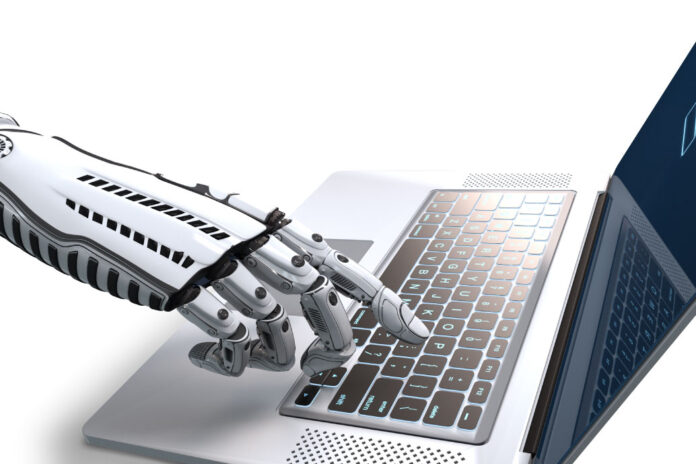The federal government announced the final version of the Brazilian Artificial Intelligence Plan (PBIA), with projected investments of up to BRL 23 billion by 2028. Coordinated by the Ministry of Science, Technology, and Innovation (MCTI), the initiative aims to establish the country as a leader in the sector, covering areas such as infrastructure, training, governance, and regulatory support. Among the planned goals is the acquisition of one of the world’s five most powerful supercomputers, which could significantly expand national data processing capacity and advanced AI research.
The move follows the global race for technology, but according to Lucas Mantovani, partner and co-founder of SAFIE, expert in new business for SMEs and startups, it also exposes internal challenges. For the expert, while China has over a decade of billion-dollar investments and public-private integration to gain leadership in AI, Brazil still deals with regulatory hurdles, excessive bureaucracy, and legal uncertainty that may reduce the strategy’s effectiveness.
In this scenario, Lucas Mantovani, highlights the importance of simplifying rules and reducing entry barriers for entrepreneurs and startups. “The success of PBIA depends less on the volume of resources alone and more on creating an environment favorable to innovation. PBIA is a positive signal, defines axes, allocates resources, and organizes stakeholders. But the reality is, if entrepreneurs remain trapped by the regulatory ‘Brazil cost,’ with multiple licenses, overlapping agencies, and legal uncertainty, innovation does not scale,” he states.
The lawyer points out that streamlining bureaucracy must go hand in hand with investments. “Simplifying processes is as strategic as injecting capital. This is what attracts investors, retains talent, and ensures new products reach the market competitively,” concludes Mantovani.


